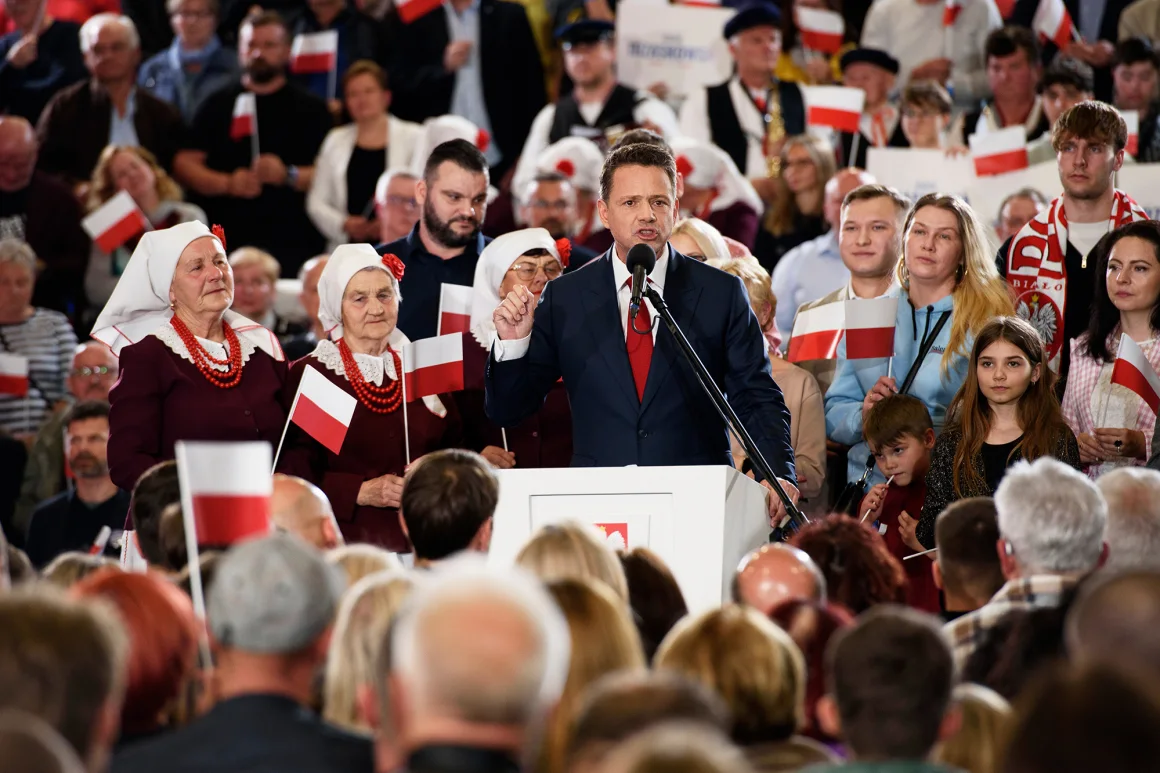In a nail-biting finish, conservative historian Karol Nawrocki emerged victorious in Poland’s presidential runoff election on June 1, 2025, defeating liberal Warsaw mayor Rafał Trzaskowski. With 50.89% of the vote to Trzaskowski’s 49.11%, Nawrocki’s win marks a dramatic shift for Poland’s political landscape, boosting the right-wing Law and Justice (PiS) party and challenging Prime Minister Donald Tusk’s pro-EU agenda. Here’s the gripping story of this historic election and how you can stay engaged with its fallout.
A Razor-Thin Victory in a Divided Nation
The runoff election was a clash of visions: Nawrocki, a 42-year-old eurosceptic backed by PiS, campaigned on “making Poland normal,” promising to resist EU federalism, block climate policies, and uphold traditional Catholic values. Trzaskowski, 53, a pro-EU centrist allied with Tusk’s Civic Coalition, vowed to advance democratic reforms, soften Poland’s near-total abortion ban, and protect LGBTQ+ rights. Exit polls on June 1 showed a statistical tie, with both candidates claiming victory Trzaskowski to cheers in Warsaw, Nawrocki chanting “We will save Poland” to supporters. By early Monday, the Polish National Electoral Commission confirmed Nawrocki’s narrow lead, with a record 72.8% voter turnout fueling the upset.
Nawrocki’s campaign leaned heavily on nationalist rhetoric, amplified by U.S. President Donald Trump’s endorsement and a May 2025 Oval Office photo-op. U.S. Homeland Security Secretary Kristi Noem also backed him at a CPAC event in Poland, calling him a “strong leader.” Despite allegations of past misconduct, including deceiving an elderly man over a property deal claims he denies Nawrocki’s base rallied, energized by his promise to veto Tusk’s reforms.
What Nawrocki’s Win Means for Poland
Poland’s president wields significant power, including the ability to veto legislation and influence foreign policy. Nawrocki’s victory is a blow to Tusk, whose coalition has struggled since taking power in 2023 to pass reforms on abortion, judicial independence, and EU alignment. “This is worse than with Duda,” said Professor Aleks Szczerbiak of the University of Sussex, noting Nawrocki’s fresh mandate could deepen gridlock until the 2027 parliamentary election. Nawrocki’s pledge to block Ukraine’s NATO bid and resist EU climate goals may strain Poland’s role in Brussels and NATO.
The election exposed Poland’s deep divides—urban liberals versus rural conservatives, pro-EU versus nationalist voters. Incidents during voting, including 232 reported offenses like ballot tampering, are under investigation, per the electoral commission. Outgoing President Andrzej Duda, a PiS ally, congratulated Nawrocki, praising his “courageous fight for Poland.”
Why This Election Captivates the World
Nawrocki’s win could ripple beyond Poland, boosting eurosceptic movements like Andrej Babis’ in the Czech Republic. His alignment with Trump-style nationalism has drawn global attention, with Romanian far-right leader George Simion among the first to celebrate. For Poles, the outcome shapes debates on abortion, LGBTQ+ rights, and EU ties. Trzaskowski’s supporters, stunned by the loss, fear a rollback of progressive gains, while PiS sees a path to reclaim power in 2027.

